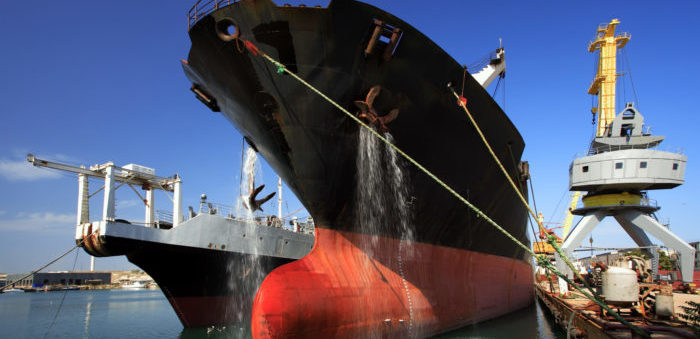The manufacturers and stakeholders in the ballast water treatment equipment market have created a unified manufacturers’ association. The Ballast water Equipment Manufacturers’ Association (BEMA) met on April 19, 2018 for their first Annual Meeting and elected the inaugural Board of Directors.
This association was created to address issues raised by the growing demand for well-founded information on ballast water treatment technologies, as well as to provide information on technical and environmental aspects of implementing ballast water management regulations worldwide.
BEMA is a registered in the US, and aims to guide both the maritime industry and the regulatory agencies to better understand ballast water treatment. The Association will help ship owners, designers, testing equipment suppliers, and regulators to discuss openly how ballast water treatment systems work and what should be the expectations of each technology across a world fleet.
During the initial meeting in London, the organizers discussed applying for non-governmental organization (NGO) observer status at the IMO in 2018. However they decided to first provide value to the industry and then revisit the effort of obtaining IMO acceptance as an NGO.
[smlsubform prepend=”GET THE SAFETY4SEA IN YOUR INBOX!” showname=false emailtxt=”” emailholder=”Enter your email address” showsubmit=true submittxt=”Submit” jsthanks=false thankyou=”Thank you for subscribing to our mailing list”]
Representatives from Cathelco, Coldharbour, DESMI Ocean Guard, ERMA FIRST, Evoqua, Optimarin, Panasia, and Wartsila were also elected to serve as members of BEMA’s Board of Directors.
According to the organizations’ formational document, BEMA wants to provide manufacturers and service providers in the ballast water treatment market with leadership and a unified voice. To achieve this, the organization has set the following key objectives:
- Represent and serve as a central, common voice for ballast water equipment manufacturers;
- Provide the shipping industry with design and operational expertise to balance the directives and opinions of regulators, ship owner organizations, scientific testing networks, and environmental organizations that influence the requirements that directly impact the manufacturers as stakeholders in the ballast water treatment community;
- Participate at the IMO level and give technical support to all stakeholders as outlined in Article 13 of the BWM Convention by and providing knowledge about the design, manufacture, installation, maintenance, and long-term functionality of ballast water treatment systems;
- Provide and stimulate authoritative organized research, education and information exchange within the industry and with other industries, government bodies, and interested organizations;
- Mobilize and finance volunteer, internal staff, and external professional expertise to provide the required range of service to members; and
- To maintain a liaison to and cooperate with the governmental agencies and allied trade and professional associations throughout the world.





























































